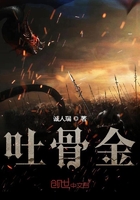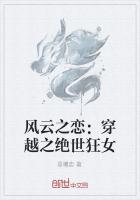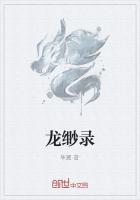The procession was such a long one that the carts with the luggage and the weak started only when those in front were already out of sight. When the last of the carts moved, Nekhludoff got into the trap that stood waiting for him and told the isvostchik to catch up the prisoners in front, so that he could see if he knew any of the men in the gang, and then try and find out Maslova among the women and ask her if she had received the things he sent.
It was very hot, and a cloud of dust that was raised by a thousand tramping feet stood all the time over the gang that was moving down. the middle of the street. The prisoners were walking quickly, and the slow-going isvostchik's horse was some time in catching them up. Row upon row they passed, those strange and terrible-looking creatures, none of whom Nekhludoff knew.
On they went, all dressed alike, moving a thousand feet all shod alike, swinging their free arms as if to keep up their spirits.
There were so many of them, they all looked so much alike, and they were all placed in such unusual, peculiar circumstances, that they seemed to Nekhludoff to be not men but some sort of strange and terrible creatures. This impression passed when he recognised in the crowd of convicts the murderer Federoff, and among the exiles Okhotin the wit, and another tramp who had appealed to him for assistance. Almost all the prisoners turned and looked at the trap that was passing them and at the gentleman inside. Federoff tossed his head backwards as a sign that he had recognised Nekhludoff, Okhotin winked, but neither of them bowed, considering it not the thing.
As soon as Nekhludoff came up to the women he saw Maslova; she was in the second row. The first in the row was a short-legged, black-eyed, hideous woman, who had her cloak tucked up in her girdle. This was Koroshavka. The next was a pregnant woman, who dragged herself along with difficulty. The third was Maslova; she was carrying her sack on her shoulder, and looking straight before her. Her face looked calm and determined. The fourth in the row was a young, lovely woman who was walking along briskly, dressed in a short cloak, her kerchief tied in peasant fashion.
This was Theodosia.
Nekhludoff got down and approached the women, meaning to ask Maslova if she had got the things he had sent her, and how she was feeling, but the convoy sergeant, who was walking on that side, noticed him at once, and ran towards him.
"You must not do that, sir. It is against the regulations to approach the gang," shouted the sergeant as he came up.
But when he recognised Nekhludoff (every one in the prison knew Nekhludoff) the sergeant raised his fingers to his cap, and, stopping in front of Nekhludoff, said: "Not now; wait till we get to the railway station; here it is not allowed. Don't lag behind; march!" he shouted to the convicts, and putting on a brisk air, he ran back to his place at a trot, in spite of the heat and the elegant new boots on his feet.
Nekhludoff went on to the pavement and told the isvostchik to follow him; himself walking, so as to keep the convicts in sight.















